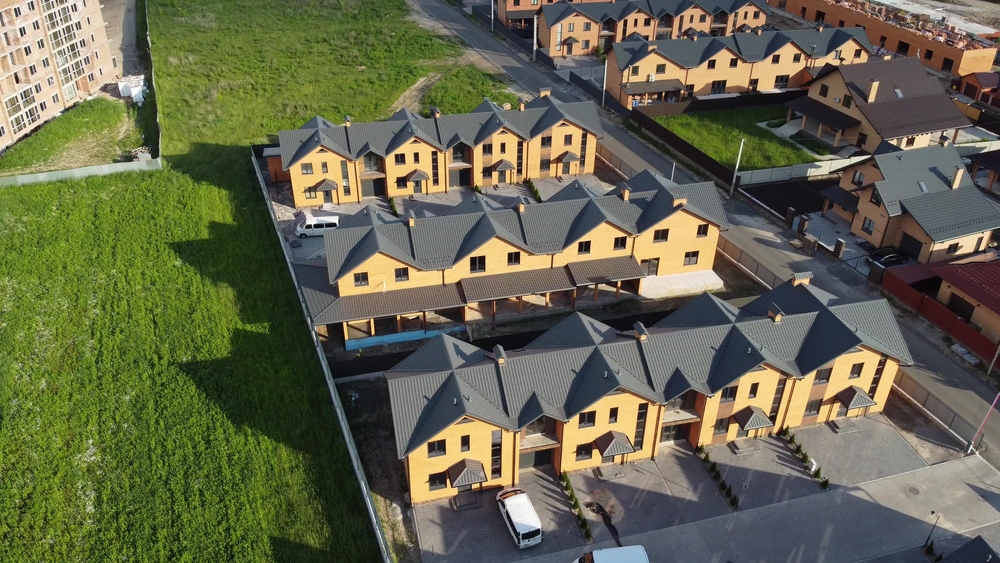AnglicareSA said the investment would take place over 10 years and go towards upgrading and expanding the existing stock of 2,100 social and affordable homes
Welfare group AnglicareSA has announced a $100 million investment to replenish and expand its social housing stock, amid a further decline in affordability across Australia.
House and rental prices have reached record levels in Adelaide and other capitals during the COVID-19 pandemic, leaving low-income earners especially vulnerable and first-home buyers facing the prospect of protracted house hunting.
AnglicareSA said the investment would take place over 10 years and go towards upgrading and expanding the existing stock of 2,100 social and affordable homes, to address what it described as a ‘dire shortage’.
The Real Estate Institute of Australia today released figures showing further declines in housing affordability in the December quarter, with 37 per cent of income now going towards mortgage repayments.
AnglicareSA’s housing arm Believe Housing Australia, which currently accommodates 4,000 tenants, said the $100 million commitment would create ‘well over 150’ homes in South Australia.
There has never been a more difficult time to enter the housing market, let alone access social and affordable housing, AnglicareSA’s Bruce Linn said. For Australians doing it tough, things are only getting tougher.
Adelaide’s median house price has grown by about 25 per cent since the start of the pandemic, and Believe Housing Australia executive general manager Michelle Gegenhuber said the cost of rentals had soared by almost 10 per cent.
It is very difficult for people, particularly those on low incomes and those most vulnerable, to gain access to appropriate, safe and affordable housing, she said.
As part of the AnglicareSA project, work today began on an $11 million development that includes 10 townhouses and 23 affordable rental apartments at Panorama in Adelaide’s south.
Eight of those apartments have been specifically designed as accessible living spaces suitable for National Disability Insurance Scheme (NDIS) participants, ‘particularly those who require specialist housing solutions, offering them independence and community connection’.
Ms Gegenhuber said while there was no ‘silver bullet’, urgent solutions were needed at a time when low-income earners struggling with rent were being left without ‘money for basic needs like food, heating and clothing’.
Currently there are 16,500 people on South Australia’s waiting list for social housing.
Ms Lensink said that the current housing construction boom may actually have led to a reduction in housing affordability, which may improve as construction slows.
We’re seeing record amounts of new builds going on at the moment and that’s having an impact on the private rental market, she said.







Leave a Reply